I didn’t plan to spend my summer in Marbella. I intended to spend two nights. Maybe three, tops. Answer a few emails, read half a biography, and move on. Instead, I found myself ordering rosé by the bottle and referencing “the quality of the light” like I was auditioning for A Room with a View. Let me be clear: I’m not a man prone to holiday whimsy. But METT has a way of unfastening even the most buttoned-up traveler. It doesn’t seduce you loudly—it simply makes it impossible to leave without feeling like you’ve made a mistake.
The Welcome
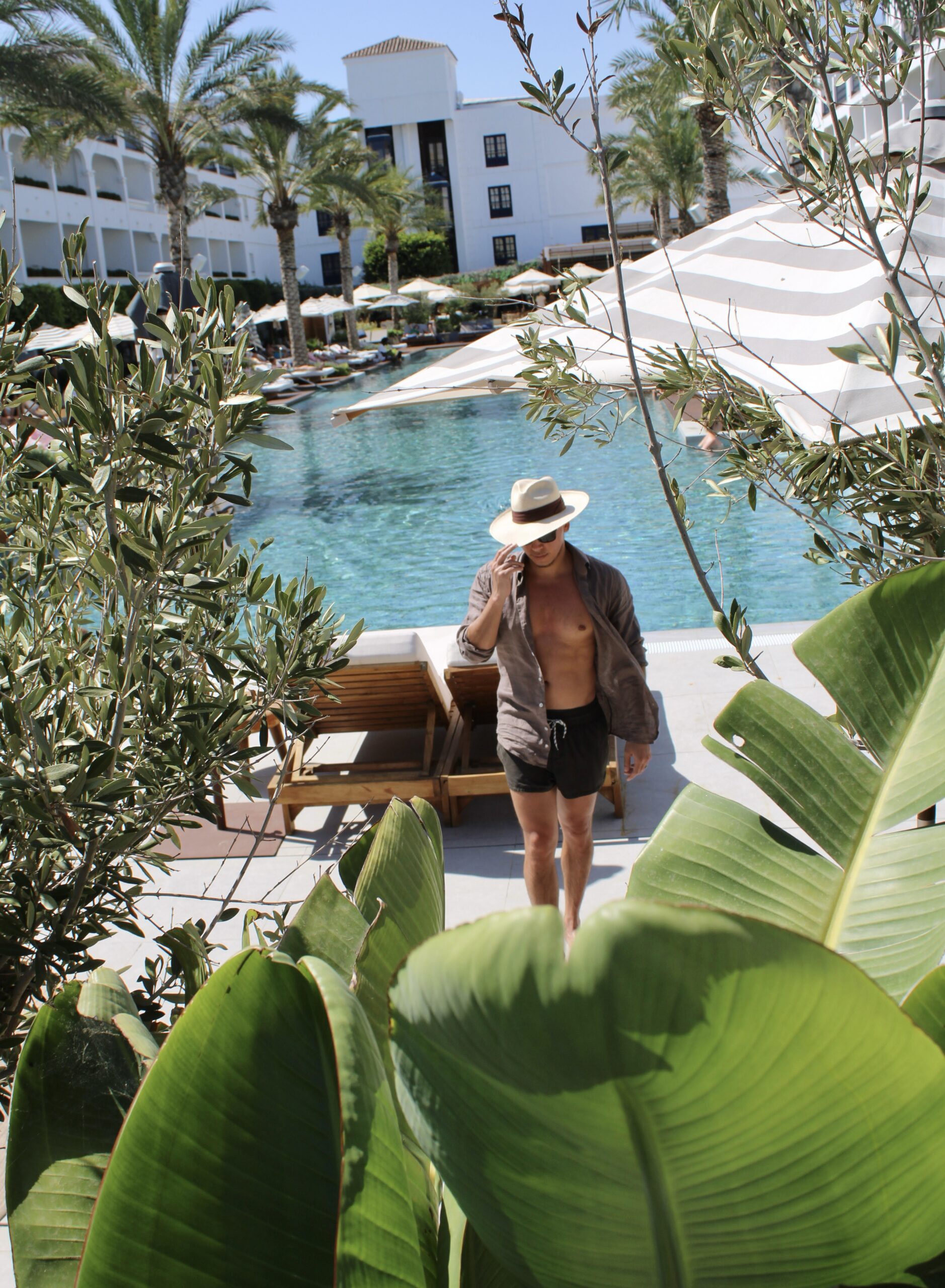
The first sign you’re not in a traditional hotel: no queue of weary travellers clutching passports. No harried staff behind glass asking if you’ve stayed with them before. Just an armchair, a sea breeze, and a welcome drink that arrived before I knew I wanted it. Instead of check-in, there was a conversation. A human one. Followed by a brief moment of me asking, “Wait, is that an olive tree inside the lobby?” It was. It nodded. I nodded back.
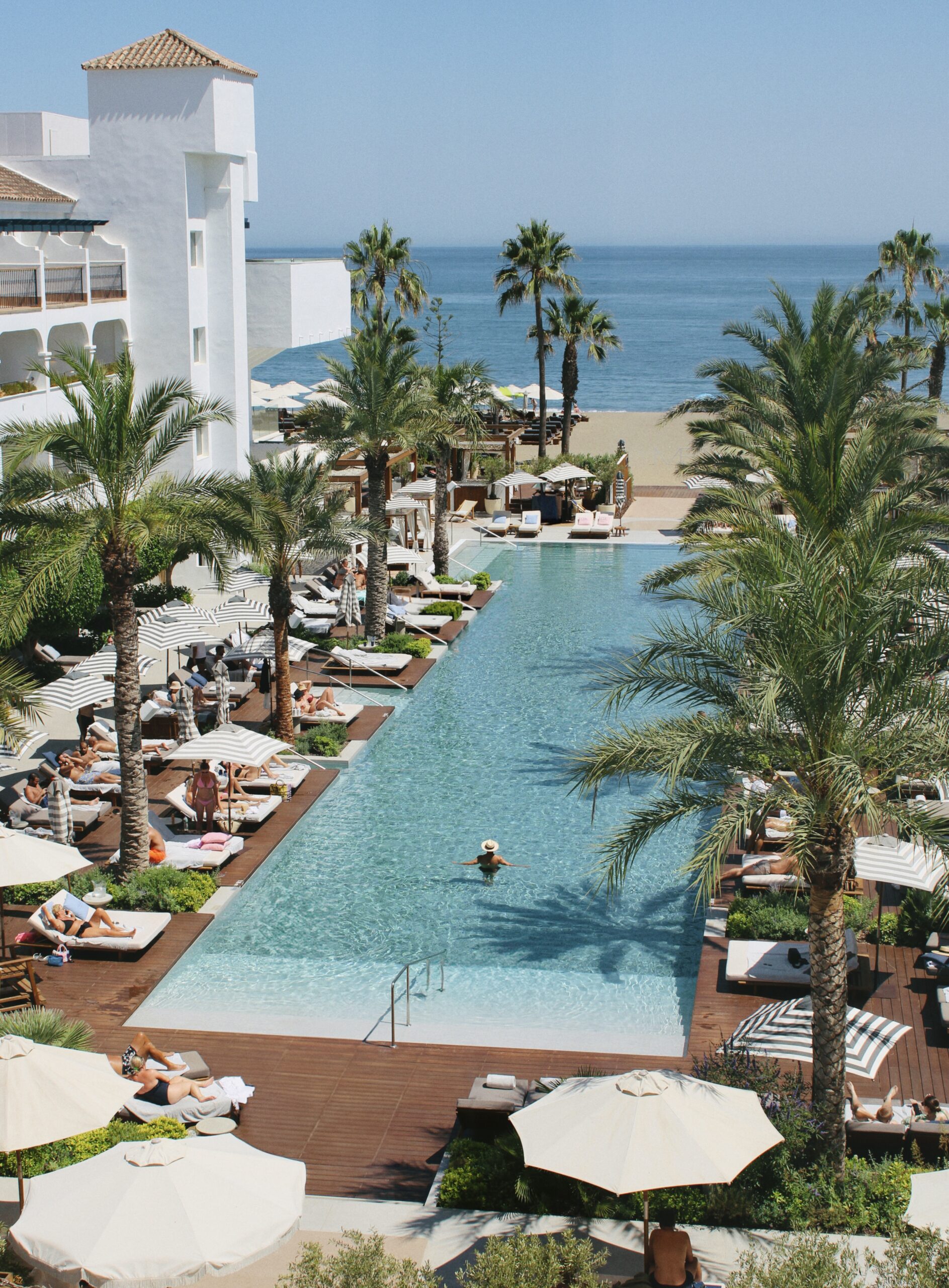
Let’s discuss the pool. Calling it a pool is like calling a Bentley a car. Technically accurate, but missing the point. At 52 meters, this thing has presence. It glows, reflects, and refracts like it’s in negotiations with the sun. People walk slower around it, as if respecting some sacred rite. You don’t swim here; you glide, with intention and SPF 50. Service appears with subtlety—a tray of ceviche, a crisp towel, a glance that says “we know what you need before you do.”
This is a pool for adults. There are no shrieking toddlers. No cannonballs. Just adults pretending to read while sneakily Googling “how much would it cost to live here forever?”
Sanctuary
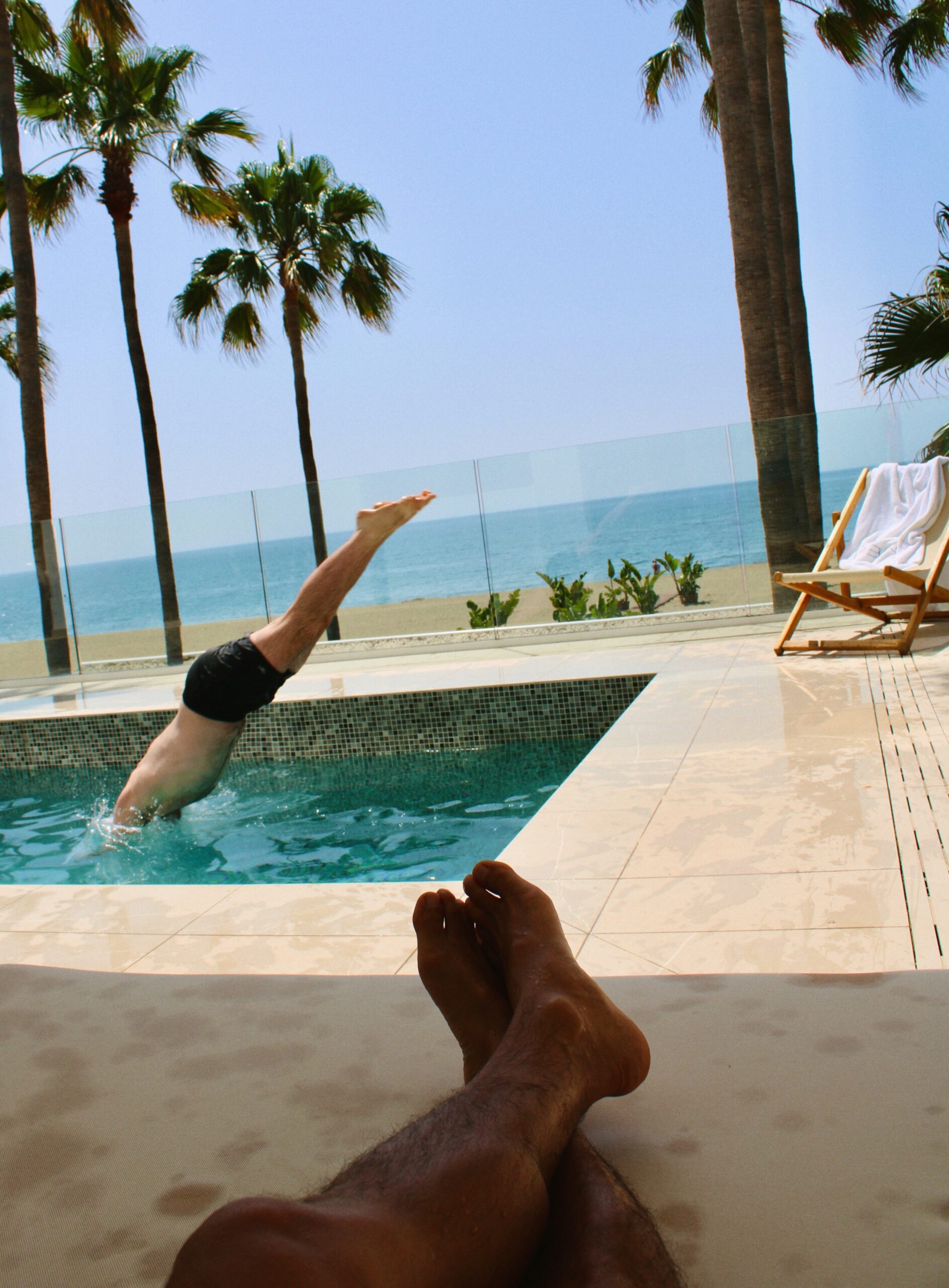
My suite faced the sea, as it should. There’s no point being this close to the Mediterranean and facing the garden. The bed? Oversized and perfectly indifferent to your schedule. The shower pressure? Assertive, like a motivational speaker. There’s also a terrace ideal for reading—or, more realistically, sipping something local while pretending to read. Some suites have private pools. Mine did not. I considered moving. I didn’t. The room was already too good, and frankly, I didn’t want to pack.
Taste
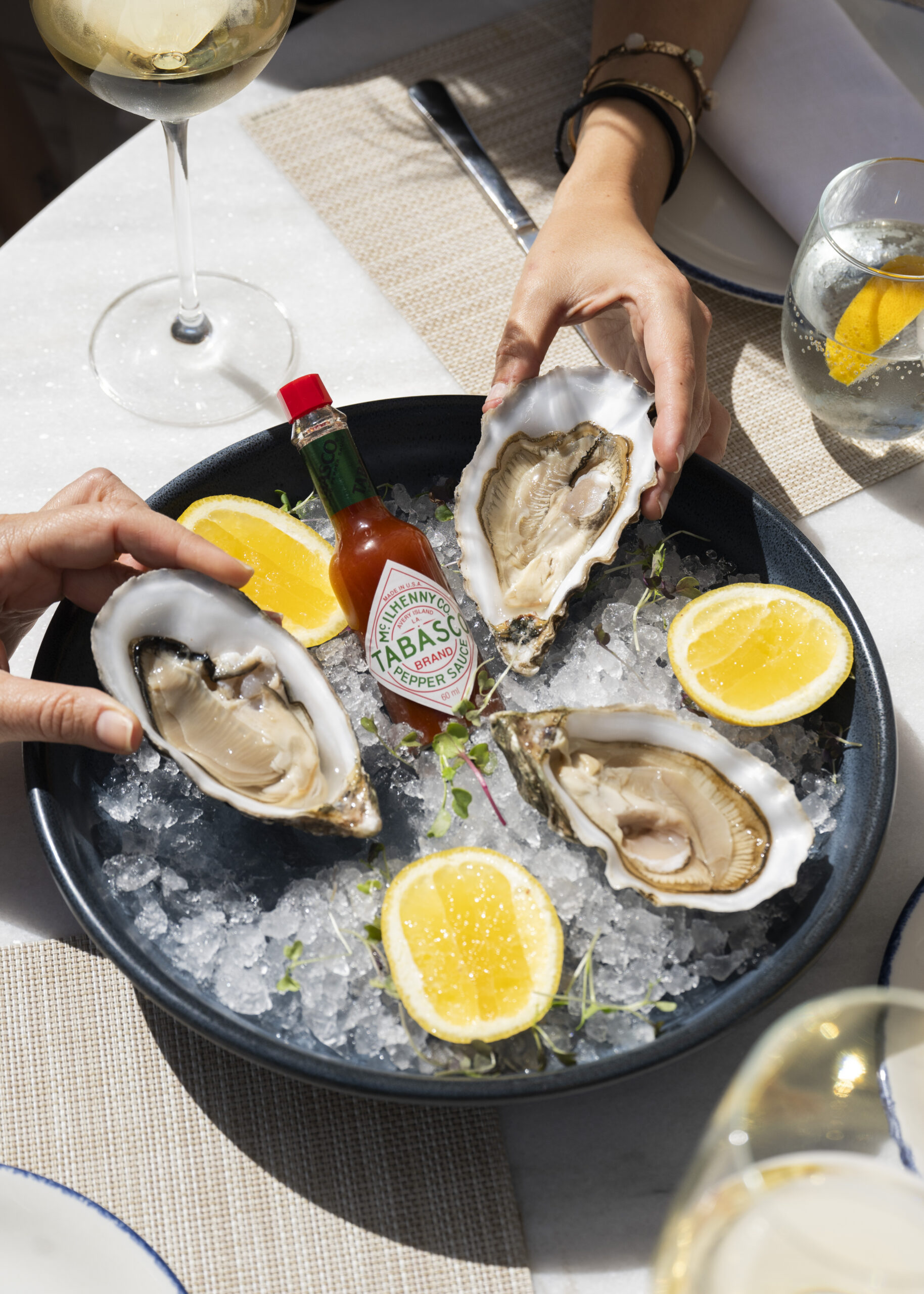
METT’s dining options don’t beg for your approval—they assume it. And rightly so. Ammos, the beachfront Greek spot, is the kind of place that makes you believe in seafood again. The octopus is what I imagine Poseidon serves his guests.
Isola brings southern Italy without the cliché. The pinsa is light enough to justify ordering two. Azure serves pan-Asian dishes that pair surprisingly well with poolside lounging. And breakfast? They call it “buffet,” but it’s more of an exhibition.
There’s also Lola’s Bar, where aperitivo hour becomes dangerously habitual. I once went for one negroni and left with a dinner reservation, three new acquaintances, and a philosophical stance on anchovies.
Authenticity

The staff at METT don’t perform hospitality. They embody it. No one calls you “sir” in that overly crisp tone that makes you feel like you’re in trouble. Instead, it’s genuine warmth with a side of discernment. They remember your name, your order, and probably your shoe size—though they’re too discreet to mention it.
And yes, you can message them on WhatsApp. Which is great, because I don’t like calling people about towels.
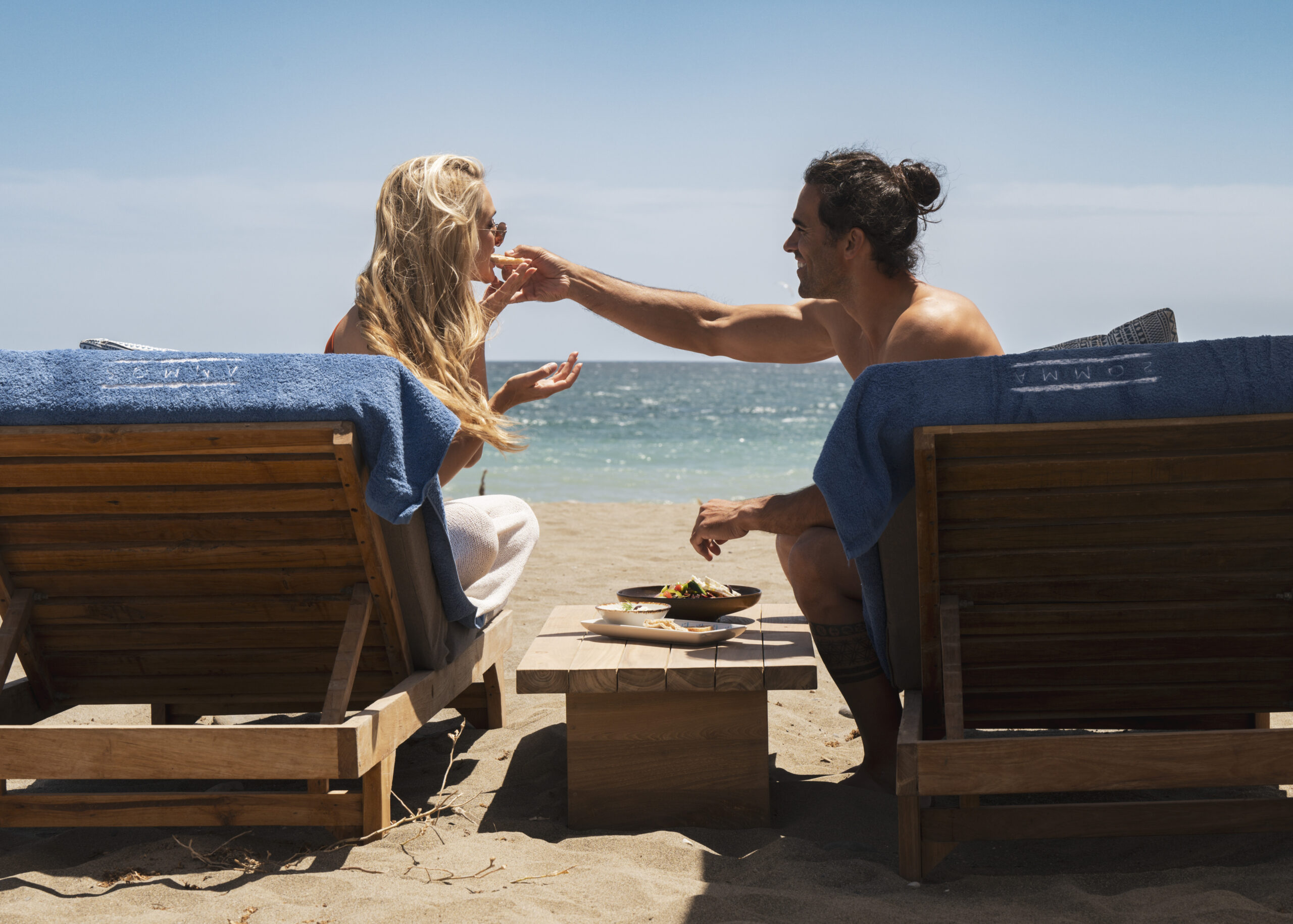
Marbella, but Quieter
METT sits between Marbella and Estepona, which is like parking your yacht between Saint-Tropez and sanity. You get the weather, the views, and the proximity to old-world Andalusia—without the chaos of Puerto Banús. On clear days, you can see Africa. On unclear days, you can still see the cocktail menu.
I ventured out twice. Once to hike. Once to prove I could. Both times, I returned early.
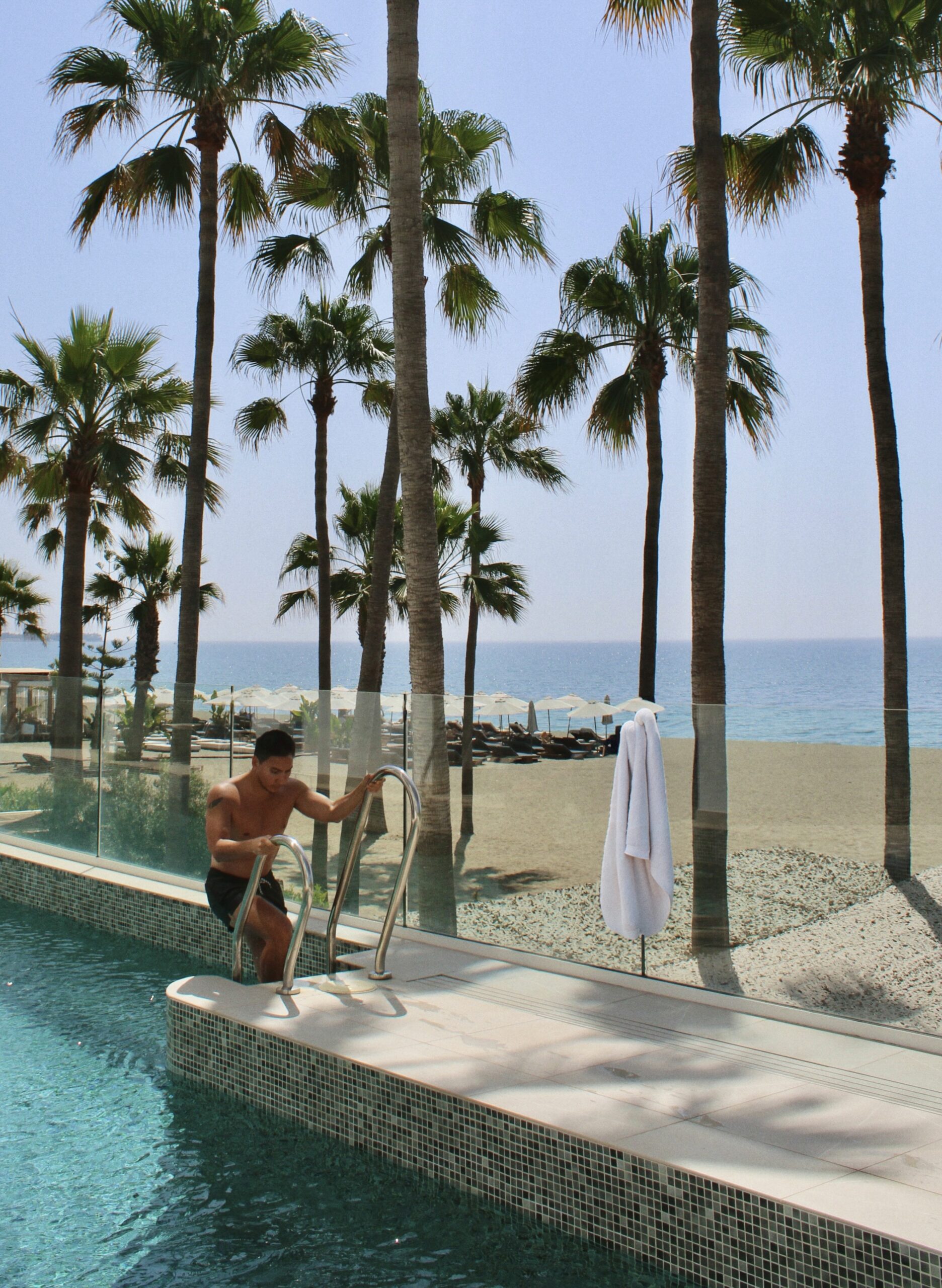
If you want velvet ropes, loud DJs, and rooms that come with a “vibe curator,” look elsewhere. But if you like your luxury with fewer logos, your mornings unhurried, and your evenings filled with mezze and moderation, this might be your place.
I went to METT thinking I’d work remotely. I stayed because suddenly, nothing felt that urgent.
Would I return? I never really left.
By: Lucas Raven




